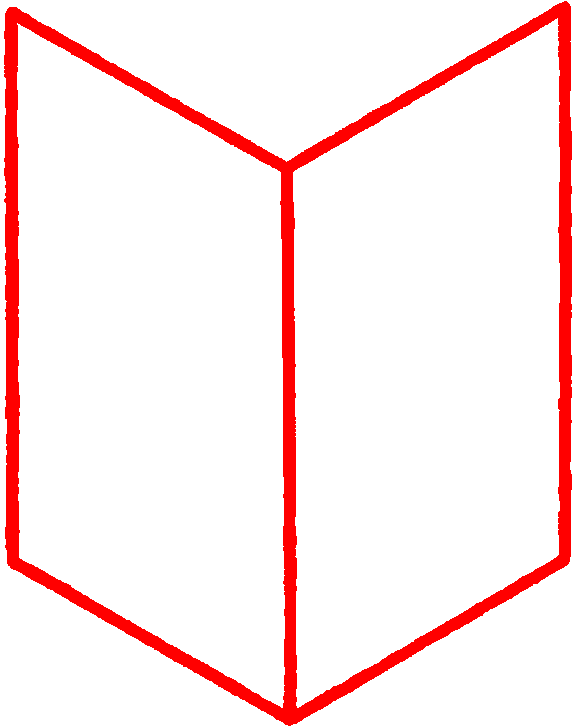I’m the sort to equate convergence with insight, even though I know it’s wrong. Rather, I don’t know it’s wrong. I only know it’s a sin against rationality. That doesn’t make it wrong, just irrational, which means ‘wrong’ according to certain narrow and wholly defensible points of view. In other words, I am regularly wonderstruck by a stream of significance that might appear as nonsense, or not appear at all, to another reasonable judge. I am not the likeliest reader, then, of what is called analytic philosophy. Yet I’ve spent a fair number of supposed leisure hours over the past year or two treading slowly and unsystematically through the work of Ludwig Wittgenstein, an undertaking for which I have no academic license, merely a suitcase of relevant books: the two he wrote for publication; a few collections of notes and transcripts compiled by his students and various editors; a monograph about the house he designed for his sister; and assorted critical texts on his philosophy, some of which I’ve owned since college, most of which I’ve not read. In July, I took my suitcase library to a resort-cum-school for artists in western Canada. I planned to prepare a handful of talks about reading Wittgenstein while co-teaching a six-week pilot art school foundation course.

